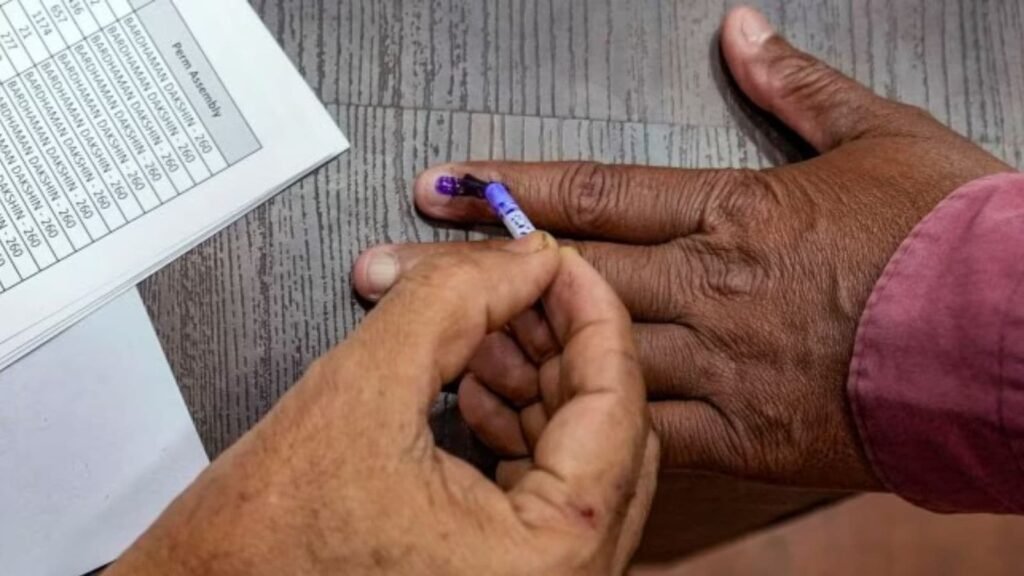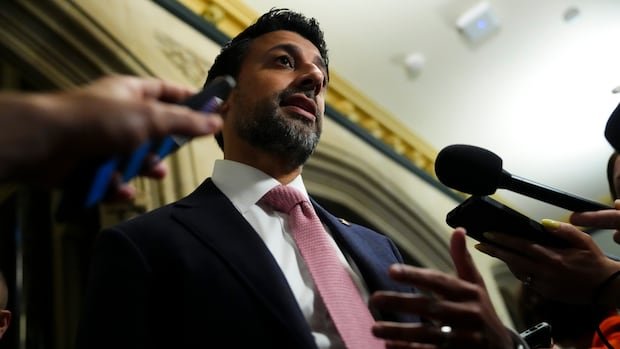
The Special Intensive Revision (SIR) of electoral rolls in Bihar mandated by the Election Commission of India (ECI) has sparked significant controversy, resonating deeply with historical and contemporary struggles over voting rights. Far from a routine administrative update, this move represents a profound threat to democratic rights, raising the spectre of mass disenfranchisement reminiscent of voter suppression tactics historically observed in the United States during the Jim Crow era.
The ECI’s directive requires every voter in Bihar to submit fresh documentary proof of citizenship within a stringent one-month deadline, failing which their names will be automatically removed from the electoral rolls. This unprecedented demand reverses the foundational constitutional principle of universal adult suffrage, which B R Ambedkar championed despite initial misgivings within the Constituent Assembly. Ambedkar’s steadfast vision ensured suffrage was universal, unconditional upon education, economic status, or documentation. He believed deeply in voting rights as the cornerstone of democracy and social equality.
Historical context magnifies the gravity of the ECI’s current directive. During India’s first general elections, Election Commissioner Sukumar Sen employed groundbreaking administrative innovations to actualise universal suffrage. Confronted with enrolling 173 million voters — many of whom were illiterate — Sen turned an administrative challenge into a democratic opportunity by introducing election symbols, thus making voting practically feasible. These inclusive strategies starkly contrast with the current revision that risks exclusion based on the availability and authenticity of documentation.
The situation in Bihar becomes stark when considering socio-economic realities. Approximately 2.5 crore adults in Bihar — nearly one-third of the state’s adult population — lack the documentary proof required by the ECI. Commonly available documents like Aadhaar cards or ration cards are not accepted, whereas rare documents such as birth certificates, held by only 2.8 per cent of the population, or passports, held by just 2.4 per cent, are demanded. Such requirements disproportionately risk disenfranchising the poor, Dalit, Adivasi and Bahujan communities, and women.
This procedural shift mirrors voter suppression tactics seen under American Jim Crow laws, which systematically disenfranchised Black voters through literacy tests, poll taxes, and restrictive documentation requirements. Only significant judicial interventions, notably through landmark cases such as Reynolds v. Sims (1964), and the Voting Rights Act (1965), dismantled these discriminatory practices.
In India, judicial precedents affirm similar protections. The Supreme Court judgments in Md Rahim Ali vs State of Assam (2024) and Lal Babu Hussein & Others vs Electoral Registration Officer (1995) underscore the necessity of procedural fairness in determining citizenship and voter rights. These rulings insist on transparency, natural justice, and the right to contest any disenfranchisement. According to these judgments, allegations or vague suspicions cannot justify the exclusion of individuals from citizenship or voter lists without credible evidence and due process.
Yet, the ECI’s recent practice diverges from these judicial safeguards, echoing the troubling experiences of Assam under the Citizenship (Amendment) Act (CAA) and National Register of Citizens (NRC). The “D-voter” (doubtful voter) classification created misery for thousands in Assam, thrusting them into Foreigners Tribunals, where procedural biases and failures stripped many of their citizenship rights and pushed them towards statelessness. This bureaucratic nightmare illustrated the severe human costs of aggressive administrative practices without adequate constitutional protections.
The present exercise in Bihar risks replicating these troubling precedents. As Yogendra Yadav highlights, the current move shifts the burden of proof from the state to vulnerable individuals who, under extreme socioeconomic constraints, must now demonstrate their citizenship status. Given Bihar’s endemic poverty, floods, and limited administrative infrastructure, the abrupt and inflexible timeline set by the ECI further exacerbates exclusion. Demanding comprehensive documentation compliance within one month during the monsoon is inherently discriminatory against marginalised communities who lack easy access to administrative resources.
The spirit of universal suffrage
Historian Ornit Shani’s research in How India Became Democratic illuminates the original spirit behind the constitutional adoption of universal adult suffrage. Shani emphasises that India’s pioneering approach to universal suffrage was driven by collective democratic imagination and a radical break from colonial electoral practices, which had categorised voters by community and class. Bureaucrats, under Sen’s guidance, were mentored into recognising each adult Indian as a citizen and voter, transforming administrative structures to support democratic equality.
In the original electoral roll preparation before India’s first elections, the Constituent Assembly Secretariat actively responded to grassroots activism, fostering open communication with citizens to address and correct exclusionary practices. This included the sensitive handling of refugees and displaced persons following Partition. The Secretariat devised innovative procedures, such as allowing refugees to enrol based on their intention to reside permanently in their new localities, highlighting a flexible and humanitarian interpretation of citizenship in India’s early years.
A crucial argument presented by Shani is that democracy, particularly universal franchise, required imagination beyond the mere ideological. She emphasises that Indian officials and citizens collectively contributed to the conceptualisation and realisation of universal suffrage. The bureaucratic imagination was fundamentally transformed through this democratic experiment, shifting from colonial mindsets to envisioning every adult as a potential voter and citizen.These inclusive administrative innovations, grounded in a nuanced understanding of procedural equality, were instrumental in democratising not just the electoral rolls but also the bureaucratic mindset and national imagination.
Contrasting with this historical inclusivity, the current revision risks undermining the very democratic ethos upon which India’s electoral system was established. The primary role of the Election Commission is to conduct free and fair elections among all citizens. It must, therefore, lean towards presuming citizenship, not exclusion. Elections are conducted for a democratic nation, not an exclusive membership club.
In stark opposition to the progressive electoral policies and inclusive vision of Ambedkar and Sen, the Special Intensive Revision in Bihar under Chief Election Commissioner Gyanesh Kumar represents a regressive turn, undermining decades of democratic institution-building. By potentially stripping millions of their fundamental voting rights, it threatens the integrity of India’s democracy. Thus, immediate judicial and legislative oversight becomes imperative. Historical lessons from voter suppression, both Indian and American, highlight the urgent need to protect democratic rights. The essence of India’s democracy hinges upon upholding constitutional guarantees and ensuring electoral processes remain transparent, inclusive, and just.
The writer is a senior advocate practising in the Supreme Court of India. Views are personal




